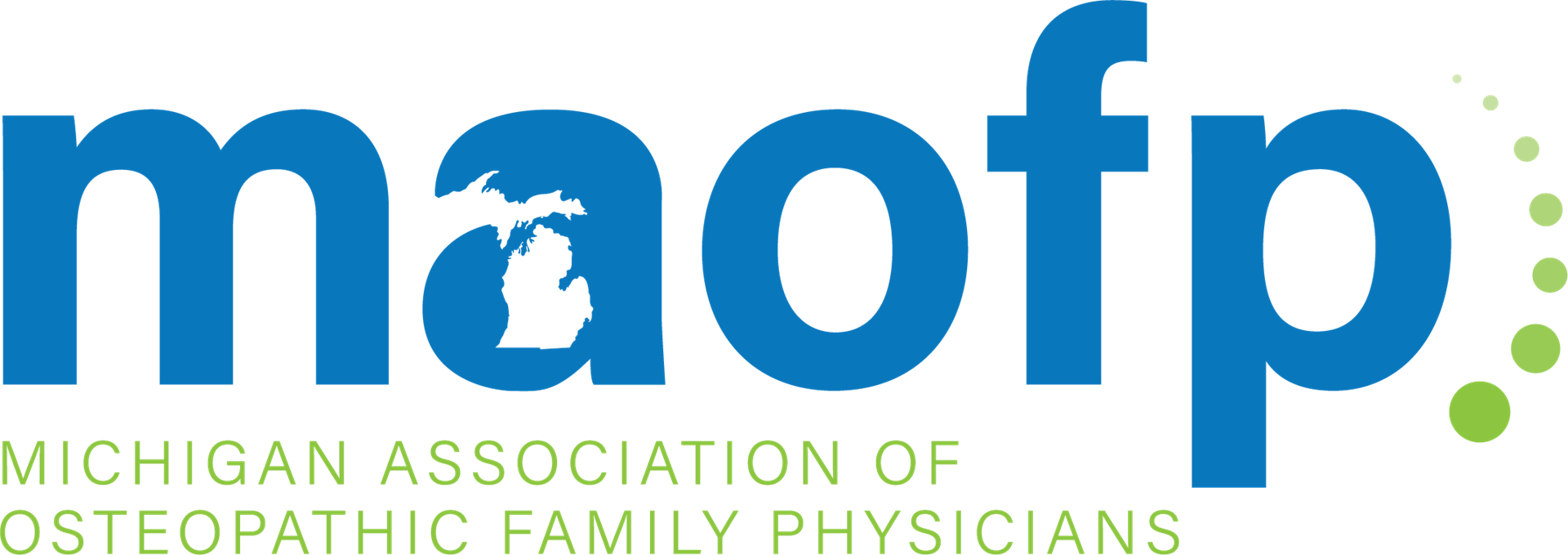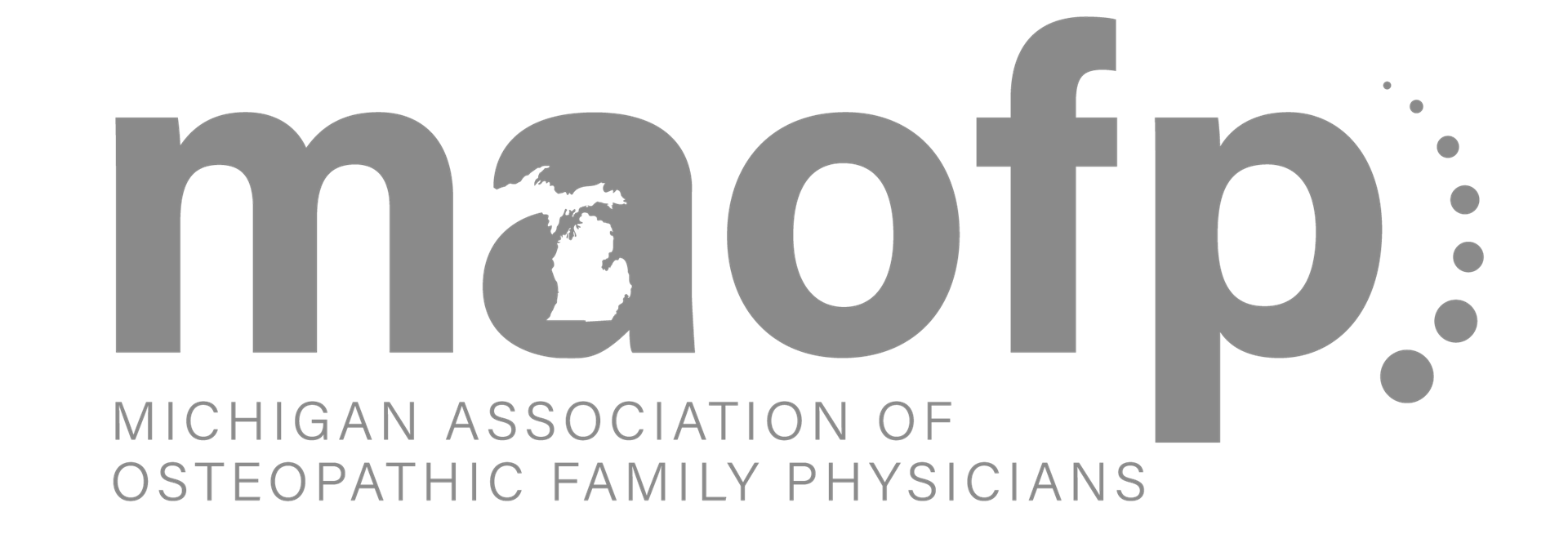|
Pricing
|
On-Demand Agenda
|
Session Details & Speaker Bio |
Addressing Implicit Bias When Caring for LGBTQIA+ Populations
This session will explore implicit and explicit biases and their effects on patient care. Specifically, we will address how physician biases can affect care provided to the LGBTQ+ patient community and ways to mitigate this. Objectives: 1. Review the prevalence of LGBTQ+ people US 2. Define the “why” of LGBTQ+ healthcare 3. Appreciate the increased social/mental/health risks of LGBTQ+ community 4. Understand factors LGBTQ+ patients often encounter that can negatively impact their health care experience 5. Review what implicit & explicit bias are 6. Understand how implicit bias can lead to altered health outcomes for LGBTQ+ community 7. Recognize ways to mitigate implicit bias’ when caring for patients |
Victoria Torgler, DO OMM for Pain Management Discuss the data surrounding manual therapies for acute and chronic low back pain. Objectives: 1. To become familiar with what the research says about Osteopathic Manipulation to treat low back pain, both acute and chronic 2. To learn indications for further testing before the trial of Osteopathic Manipulation 3. To know whe to escalate care to other specialists 4. To have a basic refresh on basic manipulation modalities 5. To learn how to teach patients to do a home exercise program |
Complex Pain Management - Palliative Care Perspective This session will discuss complex pain management in palliative care patients. We will review use of adjuvant therapies, Ketamine, Methadone, Buprenorphine and PCAs. Objectives: 1. Discuss use of adjuvant medications for pain management 2. Discuss patients that may benefit from use of Methadone 3. Discuss patients that may benefit from use of Buprenorphine 4. Discuss patients that may benefit from use of Ketamine 5. Discuss patients that may benefit from use of PCA 6. Discuss pros/cons of above regimens and potential side effects |
The Culturally Competent Physician This session will help learners to understand and define cultural competency (and similar terms) as well as identify why being culturally competent matters and what practical steps we can do to become more culturally competent as physicians. Objectives: 1. Define cultural competency and explain the need for it 2. I identify 3 areas where physicians can improve their cultural competency 3. Review models designed to guide patient interactions in a culturally competent manner |
|
|
Payment
Payment must be received to gain access to the On-Demand Education.
Refund Policy
Given that the sessions can be watched at the learner's convenience, registrations are non-refundable.
CME Credit Statement: The Michigan Osteopathic Association is accredited by the American Osteopathic Association to provide osteopathic continuing medical education for physicians. The Michigan Osteopathic Association designates this program for a maximum of 6 AOA Category 1-A credits and will report CME and specialty credits commensurate with the extent of the physician's participation in this activity.
Disclosure Statement: All MAOFP Education Committee members and MAOFP staff participating in planning and content development have no relevant financial relationships with commercial interests to disclose.

.png)
 Rachel Nixon, DO
Rachel Nixon, DO
 Linsey Gilbert, DO
Linsey Gilbert, DO
 Stacey M Ruff DO
Stacey M Ruff DO
